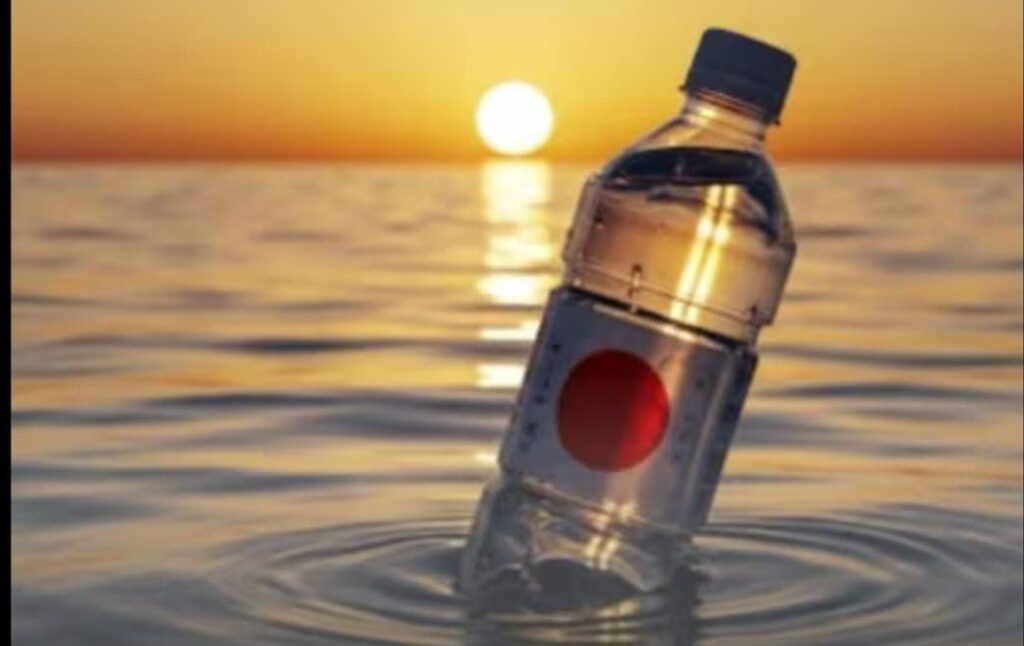
In a major stride toward combating global plastic pollution, scientists at Murdoch University in Western Australia have developed a new type of biodegradable plastic that can naturally dissolve in seawater or soil, without leaving behind harmful microplastics. This innovation could play a vital role in reducing the long-lasting environmental footprint of synthetic plastics.
Unlike conventional plastics that degrade into toxic microplastics and contaminate our oceans, air, and food, these new eco-friendly plastics are designed to break down quickly and safely, thanks to the use of native microbes sourced from local environments.
“We’re developing plastics that are biodegradable and environmentally benign, meaning they don’t have a lasting impact on the environment,” said Professor Daniel Murphy of Murdoch University, in a statement reported by Interesting Engineering. “This is critical, as continued accumulation of plastic on land and in oceans poses a serious threat to future generations.”
A Sustainable Shift in Packaging
The newly developed plastics are non-toxic, carbon-neutral, and pose no fire risk, making them not only safe for the environment but also suitable for a variety of applications. One of the most promising uses is in food and medical packaging, where safe and compostable materials are urgently needed.
“A key product that industry is asking for is a compostable lining for recycled paper or cardboard-based food packaging,” added Professor Murphy. “If made from this bioplastic, it would meet industry standards, appeal to eco-conscious consumers, and leave no lasting environmental legacy.”
Australia-Made Microbial Innovation
The research team is using locally sourced bacteria to create these biodegradable materials. These naturally occurring microbes have the unique ability to store excess organic material inside their cells, which they convert into a biopolymer known as PHB (polyhydroxybutyrate).
“We’re currently working with some pretty cool bacteria we pulled straight out of the environment — proudly Australia-made,” said Harrison O’Sullivan, a researcher at the Bioproducts Innovation Hub (BIH) and a PhD candidate involved in the project.
PHB is a naturally occurring polymer that biodegrades in soil and aquatic environments without releasing toxic byproducts. As such, it offers a sustainable alternative to petrochemical plastics, with the added benefit of being compostable and safe for direct contact with food.
Toward a Greener Future
As global concern over plastic pollution intensifies, the development of such bioplastics could mark a turning point in sustainable manufacturing and waste reduction. With increasing demand from industries for green packaging solutions, these innovations not only protect the environment but also align with shifting consumer preferences.
The research reinforces the growing role of biotechnology in environmental conservation. It paves the way for practical, scalable alternatives to one of the world’s most pressing pollution problems.
If successful at a commercial scale, this Australian-made bioplastic could set a global precedent for the future of eco-conscious product design — dissolving not just in soil and sea, but also in the legacy of unsustainable waste.
